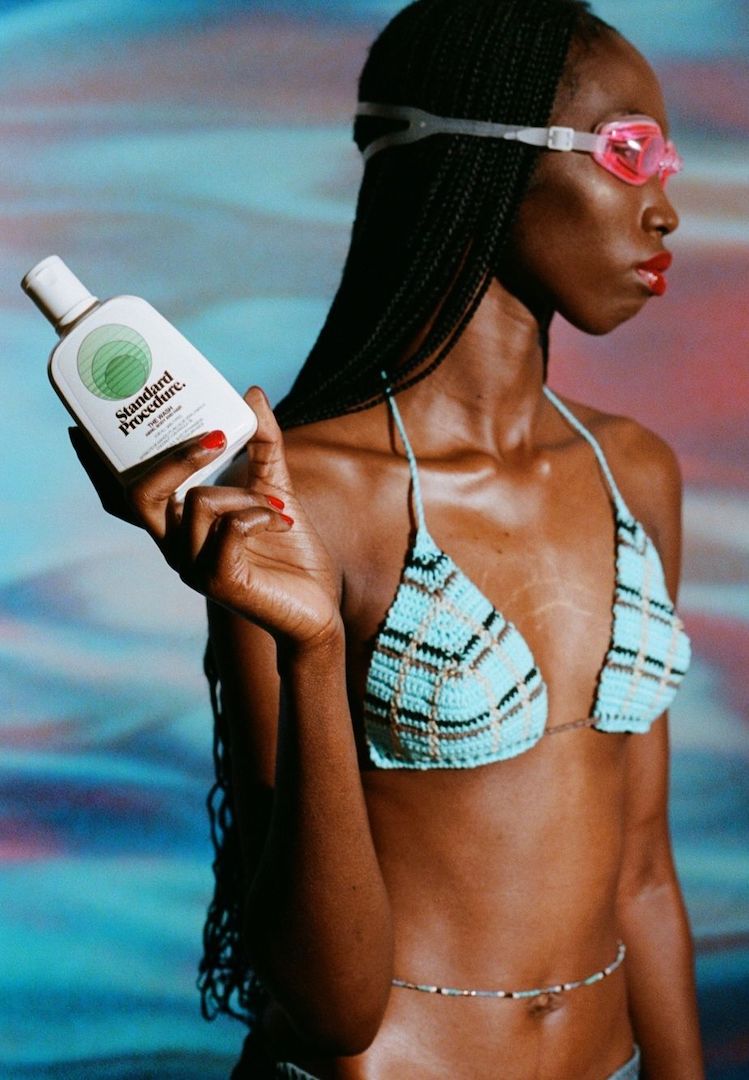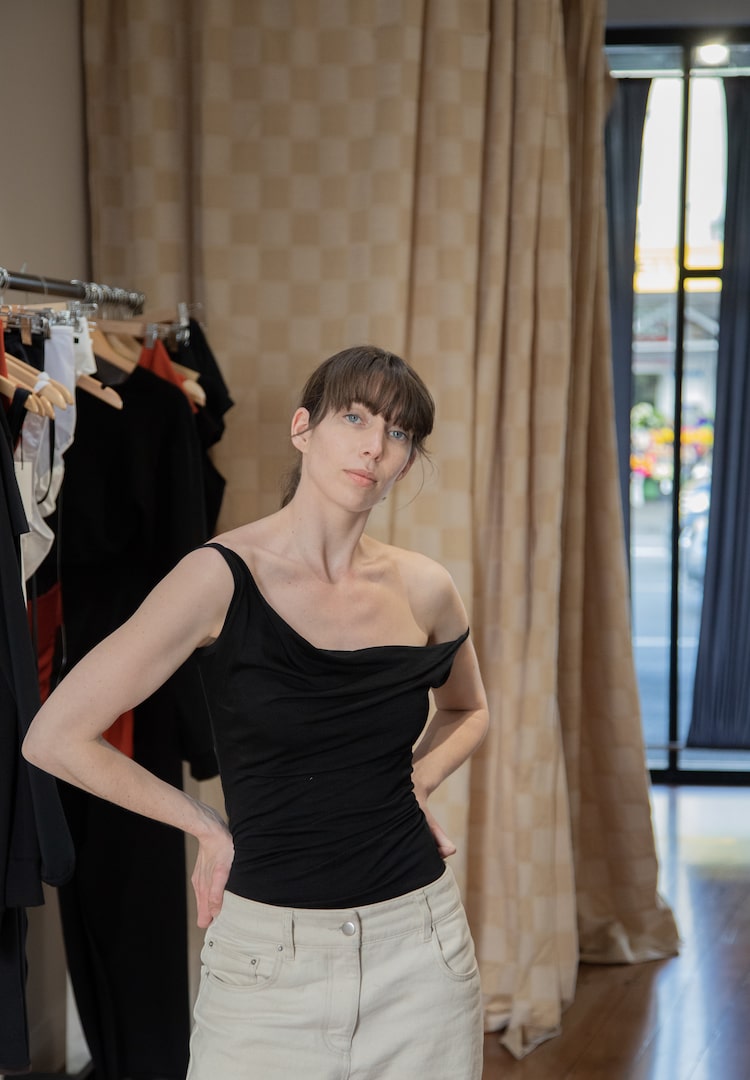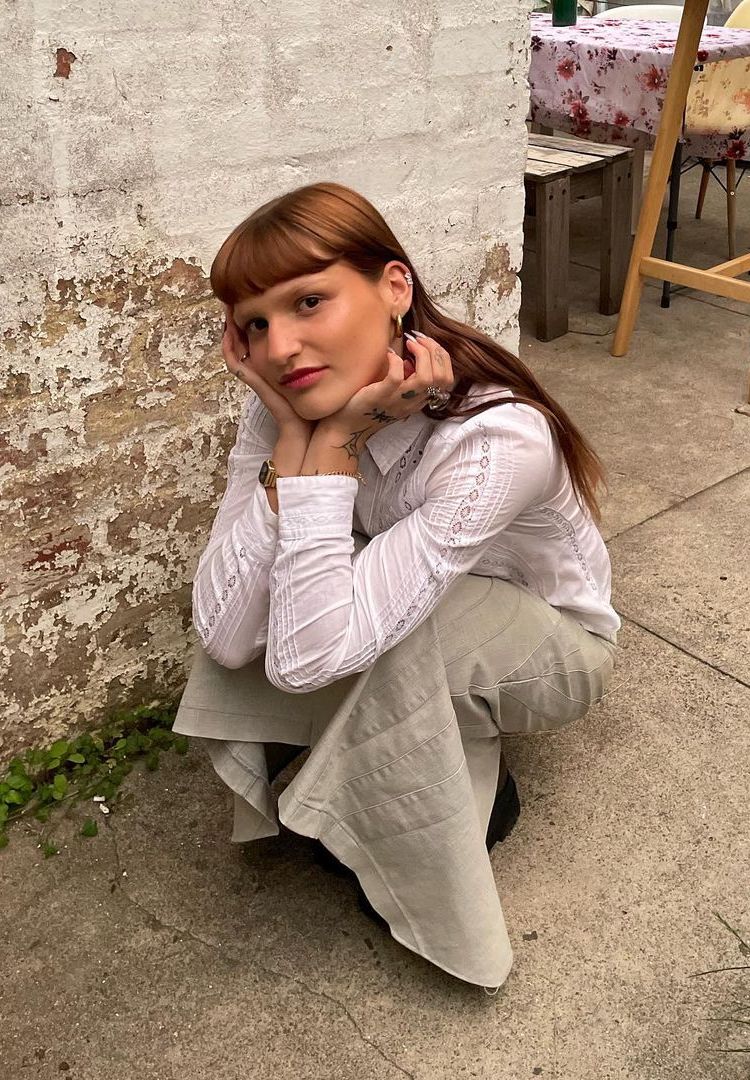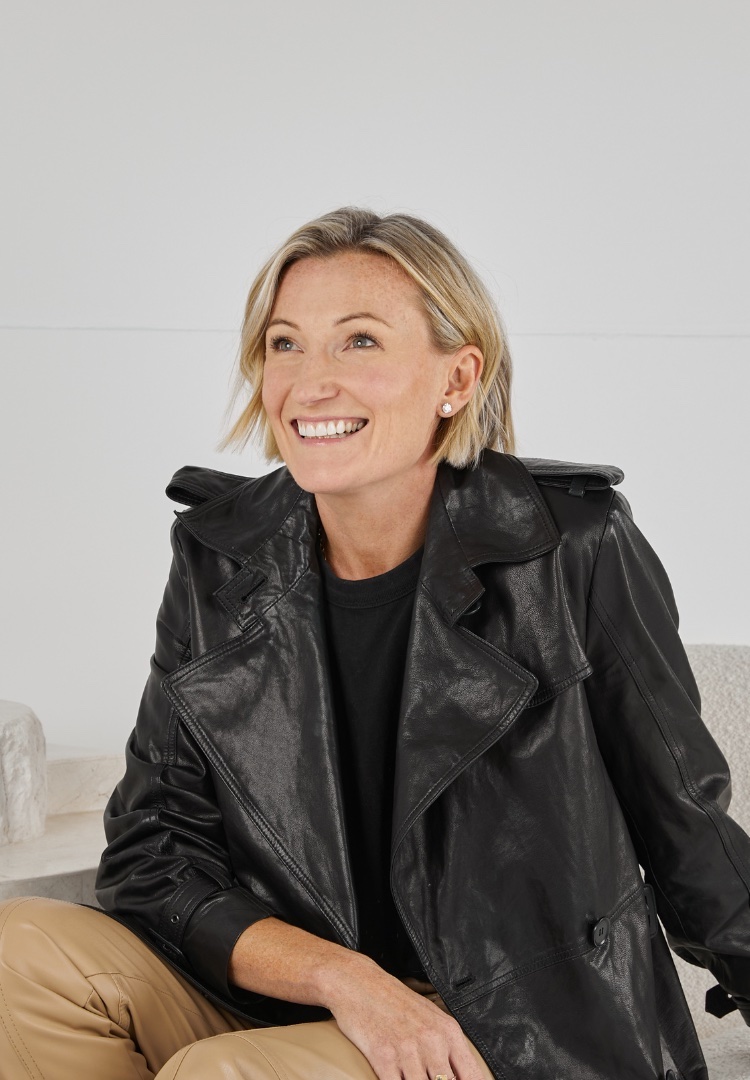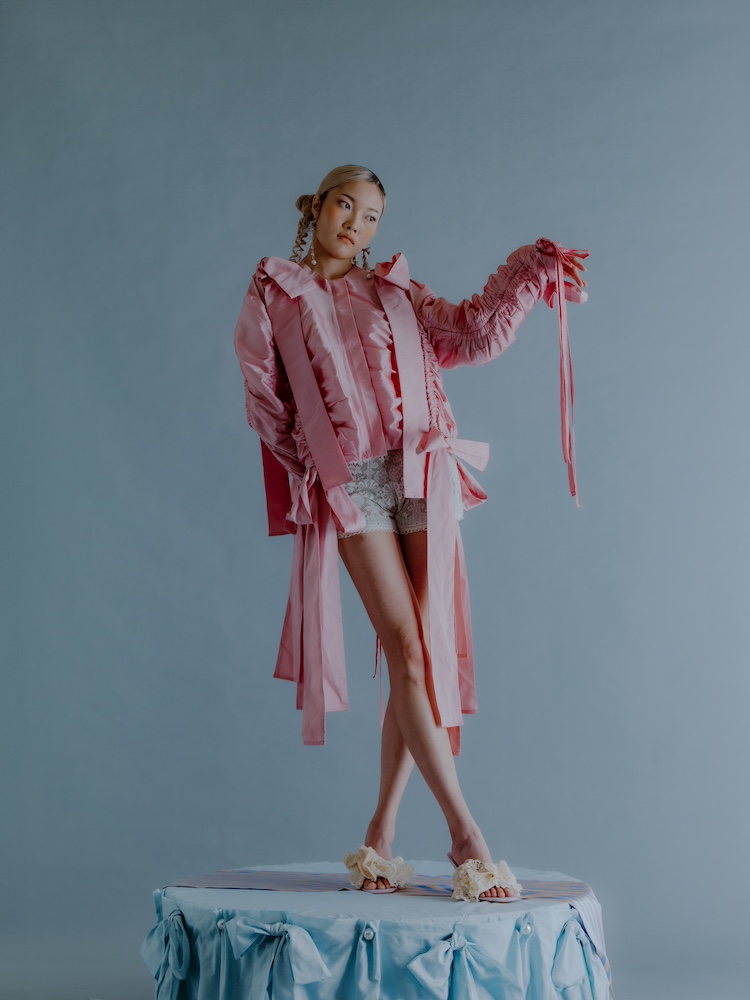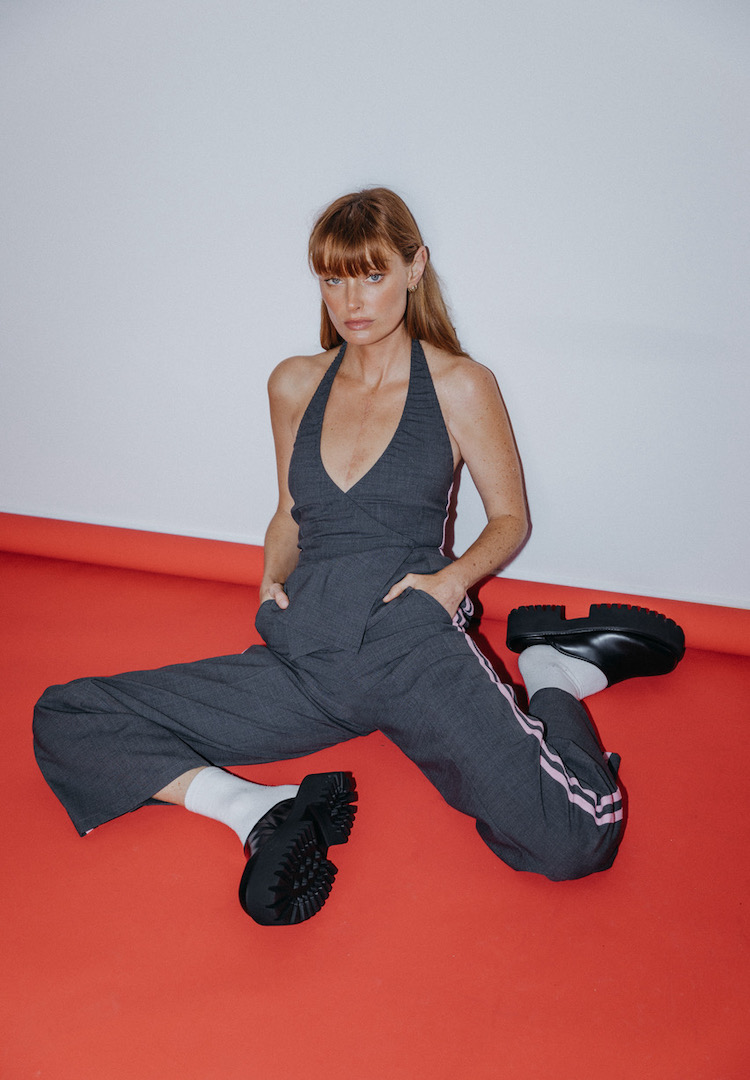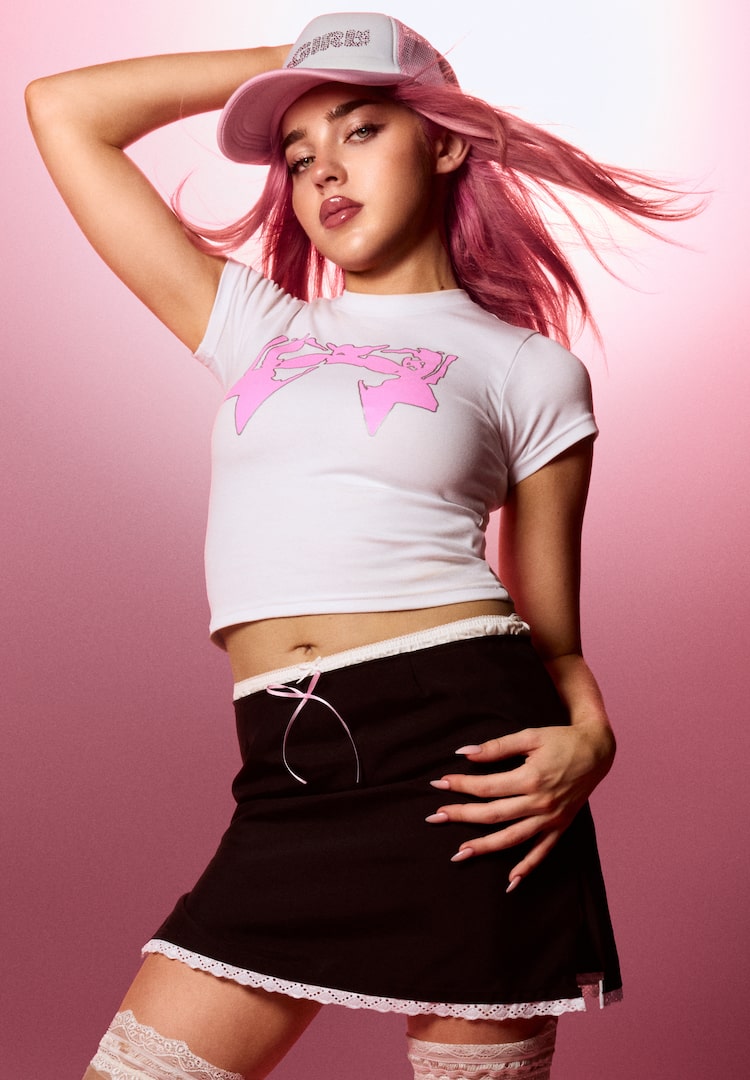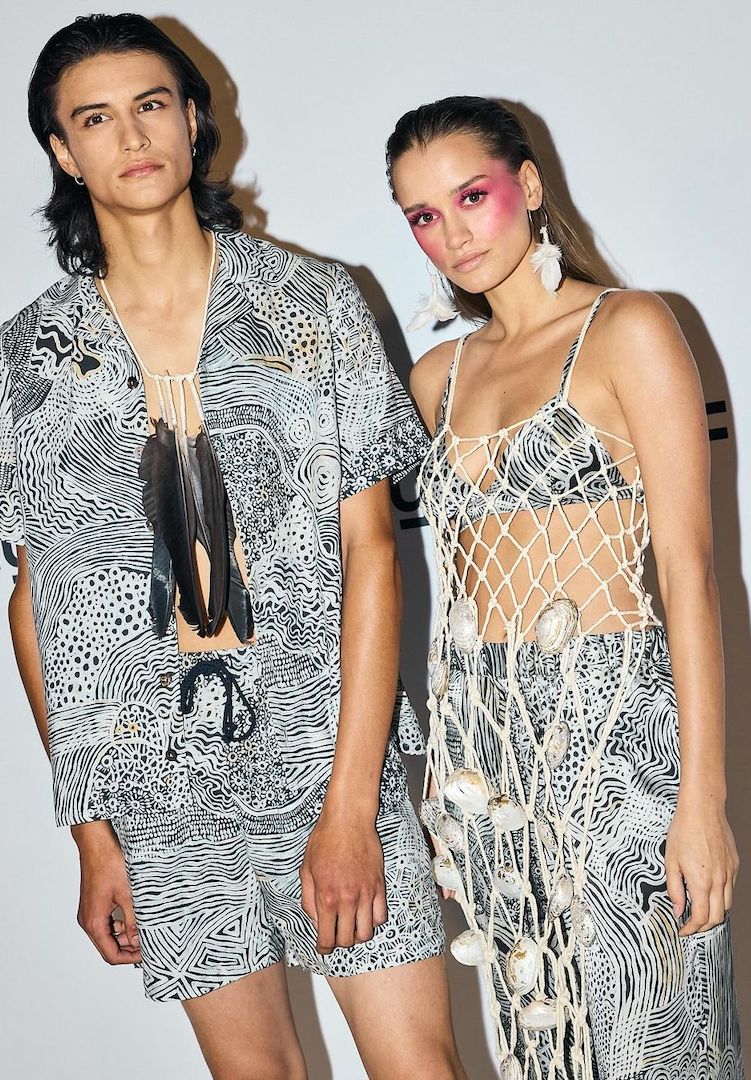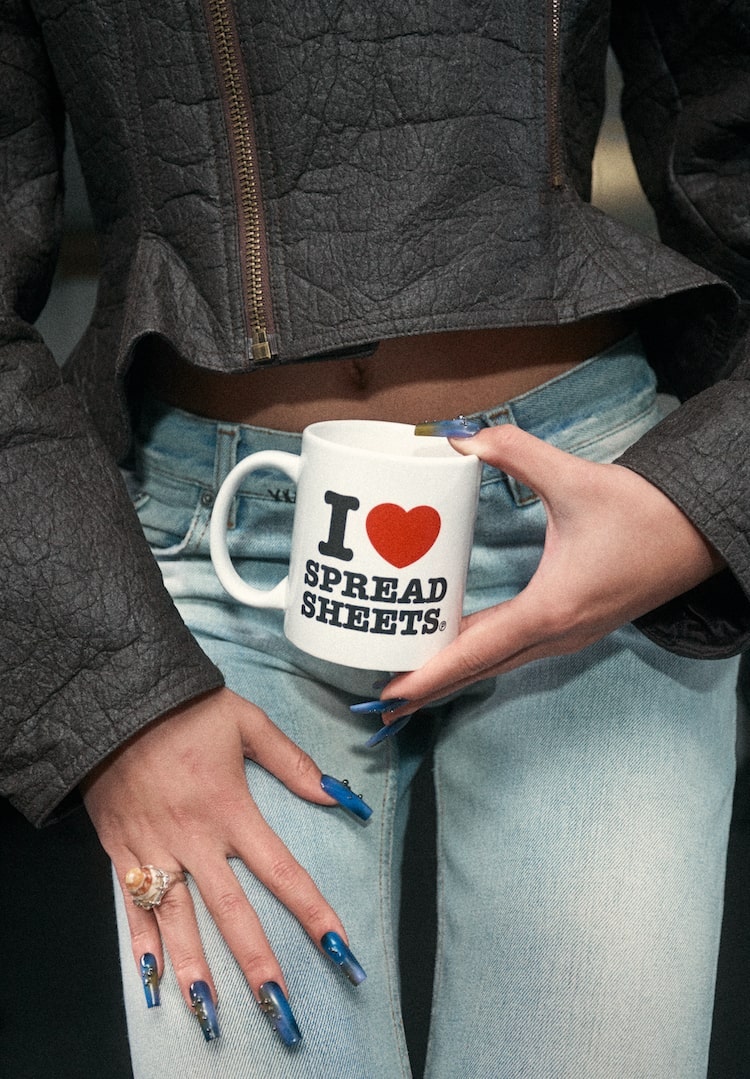New Zealand designer Rachel Mills is crafting everyday essentials on a made-to-order basis
IMAGE VIA RACHEL MILLS
WORDS BY IZZY WIGHT
“I now use the Rachel Mills brand to communicate a different way of working, which prioritises the skills of the people who make it.”
When the opportunity arose for Auckland designer Rachel Mills to take over a local garment factory in Mount Eden, she knew it would be an uphill battle. Working alongside her mother, the pair gained insight into the often thankless, arduous work of the ‘skills side’ of the fashion industry.
Putting her eponymous label on a temporary back burner, Rachel spent the next year or so becoming “very familiar with what our machinists (and machines) do well… [we] basically designed a range of individual pieces that work in their favour”.
For more fashion news, shoots, articles and features, head to our Fashion section.
The Rachel Mills brand trialled a new way of working, curating a selection of “engineered essentials” that prioritised the training and support of garment workers. Rachel’s in-house label has since expanded its offering of thoughtful wardrobe basics, now available on a weekly pre-order basis. Below, Rachel speaks on the label’s journey so far.
Tell us about you. What’s your fashion background?
View this post on Instagram
I have been sewing since I was about five years old, under the guidance of my mum who was a sewing teacher. Since then, I have always had some kind of project on the go. I studied fashion at AUT, while doing the rounds of internships in Auckland, then landed myself my first industry job as a patternmaker at Karen Walker.
I stayed there for around five years, and at the time I felt incredibly lucky to be working in such a talented sampling team of others who were really open to sharing their knowledge. I spent a lot of my time pestering the machinists about how they do things, as they really are a fountain of knowledge.
View this post on Instagram
I learnt the importance of thorough patternmaking, balancing the machinists’ needs and the quality of each garment… since then, I have worked for different brands around Auckland, either freelance patternmaking, or through the sampling and manufacturing side of our business.
How did the label get started? Talk us through the process and the challenges.
I started the brand around six years ago, but in a very different format from what it is now. I began following the traditional structure most fashion brands do, working to seasons, trying to break into the wholesale market, designing and making complicated pieces. I thought that’s what you had to do to make it in the industry.
View this post on Instagram
I learnt very quickly the challenges that come with working in this way, and how tough it is to gain traction unless you have huge financial backing. As a small brand, it was difficult to get manufacturers to prioritise our work and to get stores to [pay] us on time. It just wasn’t working, and as a result, I was needing to juggle contract pattern-making work for other brands on the side.
Around three years ago, the opportunity came up to take over a garment factory. A lot of my pattern-making clients were struggling to find sample machinists, so I knew the demand was there and I could see the factory was underperforming. What I didn’t know was how much of an uphill battle it would be to get the factory running smoothly.
View this post on Instagram
It had been operating on such minimal margins, and it really was challenge after challenge. I had to drop the brand completely for at least the first year… the initial lockdown in 2020, when we had to close the factory completely, was the first chance I got to take a step back.
… This was when I really started revisiting the brand again, but in a completely different way. We began offering up made-to-order pieces (I think I began with just two styles) and it evolved from there.
View this post on Instagram
What were you trying to achieve from the project at the time? How has this evolved and what are you trying to communicate through the brand now?
When I first started the brand, I wanted something a lot different to what I want (and have) now. From my experience working for other brands within the fashion industry, I witnessed a lot of what [does and] doesn’t work. I saw a very one-sided relationship between brand and manufacturer… a lot of the pressure is placed on manufacturers.
I describe that part of our business as a very delicate ecosystem, where accepting the wrong job could have major implications. So much of it is outside of the manufacturer’s control yet they have to wear the costs. I took this idea to the next level with the RM brand. I started looking at garments differently and really prioritising the way they are made.
View this post on Instagram
…Over the course of two years, I became very familiar with what our machinists (and machines) do well and basically designed a range of individual pieces that work in their favour. We now use the RM brand as a way to bring some positivity and growth into our garment factory.
I know there are much bigger issues in the world than the depletion of an industry, but the way I see it, the alternative isn’t currently ethical enough to become a replacement for our local industry. I now use the Rachel Mills brand to communicate a different way of working, which prioritises the skills of the people who make it.
View this post on Instagram
How would you describe Rachel Mills to someone who’s never seen it before?
Engineered essentials. An everyday uniform. They are the pieces in your wardrobe that you reach for again and again without a second thought.
What are you most proud of in your work on your label?
An obvious response could be certain events the brand has taken part in, certain exposure or people we have dressed. But to be honest, I am most proud of the ‘package’ of our business as a whole and what we communicate through the RM brand.
View this post on Instagram
… A few years ago, I was [told] that if the one thing your business is counting on to succeed from can be recreated by someone else overnight, then that’s not it. Yes, our garments can be copied, but the approach we take to them, our team and our workroom, the knowledge and passion it has involved to get there… I doubt can be recreated.
Who do you think is most exciting in Australian/NZ fashion right now?
I get most excited by interesting concepts rather than colourful designs. Say if two brands I have followed separately – one because I like their style and another because I like their ethics – form a collaboration to create something even better.
View this post on Instagram
I think this shift in my mindset began when I started to look at fashion as more individual ‘products’, with features and values, than collections. I think it encourages a slower way of consuming, that isn’t based on seasons.
Not technically fashion, but I think there is an interesting space within this product idea, where brands like Allbirds and Emma Lewisham are really pushing the way.
What about the Australian/NZ fashion industry needs to change?
View this post on Instagram
More collaboration between manufacturers, designers and brands to challenge the current way of working. Often the manufacturers’ voices aren’t heard, and if the local manufacturing industries are going to survive, they need to be heard.
Dream Australian/NZ collaborators?
I would love to encourage an alternative way of working through collaborations with other brands that manufacture offshore. [I want to] show them it is possible to manufacture garments locally when you take a slightly different approach.
View this post on Instagram
The dream would be to collaborate with a larger fashion brand or retailer, reworking one of their pieces in the way we approach our own… I have a shortlist, but I’m keeping it close for now.
Who is in your wardrobe right now?
I live in our plain camis and bodysuits, as they’re so easy for busy days in the workroom. Besides that, I end up wearing a lot of the brands that we work with on the CMT side of our business. I have a pair of Wynn Hamlyn jeans that I bought two sizes too big to offset our fitted bodysuits and camis.
View this post on Instagram
I find myself wearing them about three times a week, as I love the shape so much. I need them in black. If I’m not wearing those, I’ll be in a pair of Pecchenino pants – she is one of our clients who really understands the way we need to be working.
She does great, simple, elastic-waist cotton pants – perfect for a hot summer in the workroom. RM bodysuit, baggy pant and Margiela ballet flat is my go-to at the moment.
How can we buy one of your pieces?
Our pieces are available exclusively through us. We don’t wholesale at this stage, which means we don’t include a wholesale markup in the majority of our pieces, which is why we are able to make our in-house manufacturing achievable at a reasonable price.
View this post on Instagram
Orders can be placed through our online store. We run weekly pre-orders, which we close every Tuesday night, then spend the next seven days making that week’s orders. We have also just opened our flagship retail store, in Grey Lynn, full of samples for our customers to try. We then follow the same weekly pre-order model.
Browse the Rachel Mills collection here.

